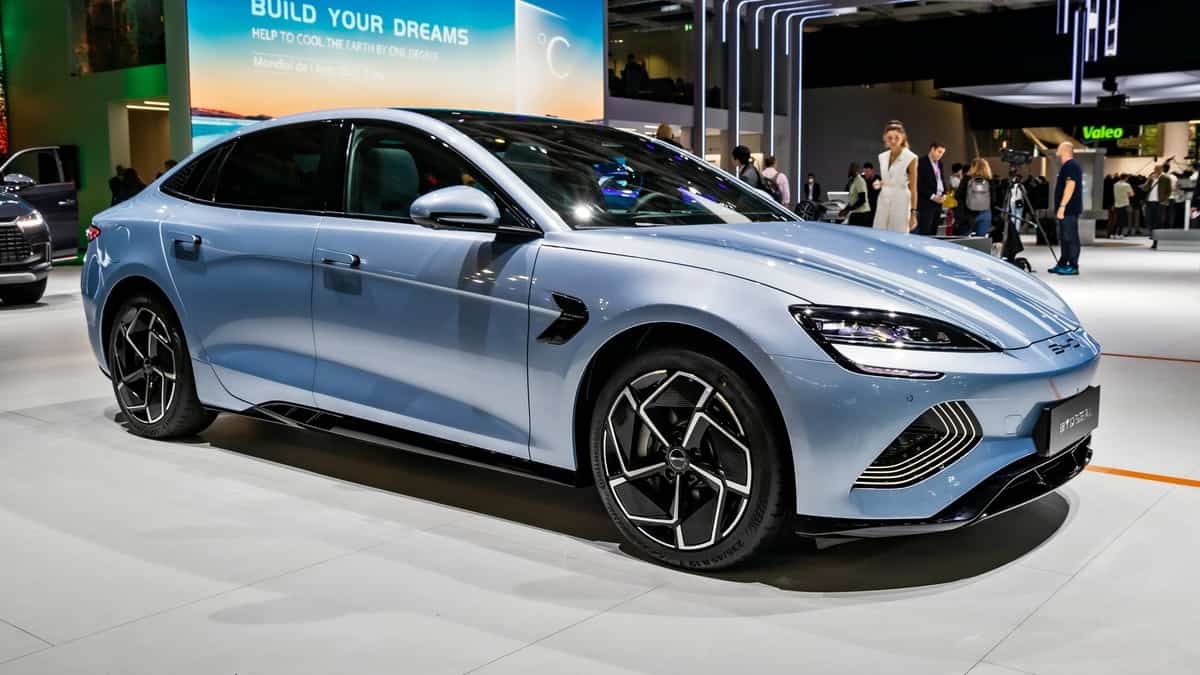Beijing is protesting the European Union’s major tariff hikes on Chinese electric vehicle imports amid the intensifying trade war in the burgeoning industry.
China accuses EU of unfair probe practices
According to euronews, China’s Commerce Ministry has expressed strong resistance against the EU’s import tariff hike on China-made electric vehicles.
The Ministry reportedly accused Brussels of inflicting “unresonable” demands during its anti-subsidy probe into imported Chinese EVs.
On Thursday, the Ministry spokesman He Yadong slammed the EU for asking for excessive information from Chinese companies that apparently exceeded standard anti-subsidy investigation norms.
“Chinese companies cooperated extensively, providing comprehensive details on manufacturing, technology, and product formulas.
The type, scope, and quantity of information collected by the European side was unprecedented and far more than what is required for a countervailing duties investigation.”
He Yadong, Commerce Ministry spokesman
Yadong further pointed out that Chinese automakers’ efforts to cooperate in the probe were not recognized as the EU still decided to penalize them with high tariffs and accused them of non-compliance.
EU’s announced tariff hike on Chinese EVs
For context, The EU announced its decision to levy “provisional” tariffs ranging from 17.4% to 38.1% starting July 4, 2024.
Chinese NEV giant BYD will face an additional 17.4% import tariff on top of the current 10% rate in the EU, while Geely has to endure a 20% tariff hike.
Electric automakers who cooperated but were not sampled, including Leapmotor, NIO, XPeng, and Chery, among others, will face an extra 21% tariff.
On the other hand, OEMs who refused to cooperate and were not sampled, including SAIC, will have to pay an extra 38.1% import tariff in the EU.
The EU justifies the declared import tariff hike on China-made EVs with alleged unfair subsidies benefiting Chinese electric automakers.
China expected to retaliate
Following the EU’s major tariff hike announcement, the Chinese government launched an anti-dumping probe into European pork exports.
However, China did not explicitly link the move against European companies’ pork exports to the import tariff hike in Europe.
It must be noted that the EU is currently the largest pork and pork by-products exporter in the world. Most of its exports supply East Asia, particularly China.
The EU also threatened to impose tariffs on European imports of gas cars, directly affecting legacy German automakers like Mercedes-Benz, BMW, and Volkswagen, among others.
The major tariff hike demonstrates the intensifying trade war between the two economies, with the EU worrying that the Chinese government’s substantial subsidies give electric automakers an unfair advantage in the EV industry.

